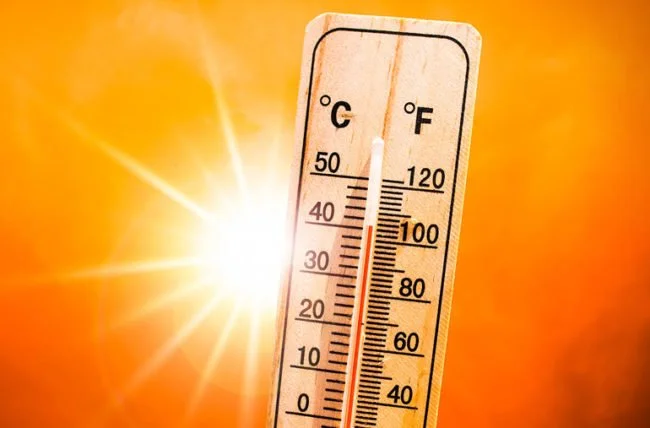Heat and Humidity is a Dangerous Combination
/Heat-related illnesses often affect the very young, the elderly and the chronically ill, but summer temperatures can also take a toll on healthy young and middle-aged adults. The Missouri Department of Health and Senior Services (DHSS) urges Missourians of all ages to take precautions as heat and humidity rise to dangerous levels.
In 2021, 18 people died from heat exposure in Missouri, ranging in age from 35 – 105 years. Half of the deaths occurred among those between the ages of 35 – 64. During prolonged periods of high temperatures, using air conditioning – either at home or by seeking shelter in a local cooling center – is the best preventive measure.
“Heat and humidity can place a lot of stress on the body,” said DHSS Acting Director Paula Nickelson. “Heat exhaustion can come on suddenly, with little warning, and lead to heatstroke which becomes a very dangerous situation.”
During excessive heat, Nickelson urges Missourians to check on friends and neighbors, especially those who are elderly and chronically ill. To report a senior citizen or an adult with disabilities who is in need of assistance due to the heat, call the state's toll-free abuse and neglect hotline at 1-800-392-0210, or make a report online.
Medications can impair a body’s response to heat, making them more vulnerable to the heat.
There are a number of steps individuals can take to stay cool including: Wear lightweight, light-colored, loose-fitting clothing, stay cool indoors, stay hydrated, schedule outdoor activities carefully, reduce exercise or physical activity, and wear sunscreen.
Knowing the signs and symptoms of heat related illness and how treat them is also important. Signs of heat exhaustion may include muscle cramps; heavy sweating; cold, pale and clammy skin; dizziness; headache; nausea or vomiting; and fainting or passing out. If you think you or a loved one are experiencing heat exhaustion, you should stop physical activity move to a cool place—preferably air-conditioned, loosen clothing, and sip cool water. Seek medical attention immediately if you are throwing up, your symptoms get worse or symptoms last longer than one hour.
Signs of heat stroke may include high body temperature (103°F or higher); hot, red, dry or damp skin; fast, strong pulse; headache; dizziness; nausea; confusion; or loss of consciousness. If you think you or a loved one are experiencing heat stroke you should call 911 immediately. Heat stroke is a medical emergency. Move the person to a cool place—preferably air-conditioned. Help lower the person’s body temperature with cool cloths or a cool bath until medical personnel arrive. Do not give the person anything to drink.
KPGZ News - Brian Watts contributed to this story















